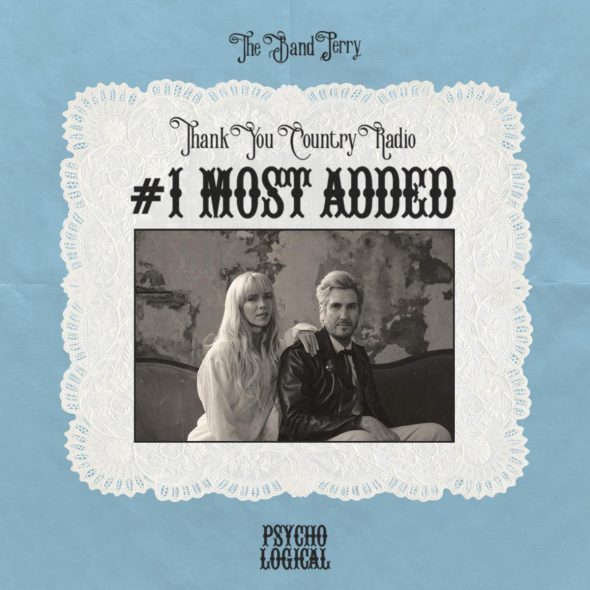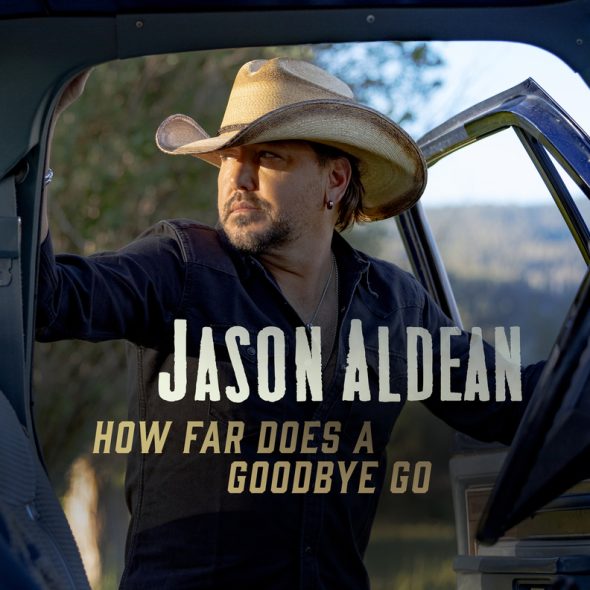Legal tips to prevent money loss
Do you know the difference between trademark and copyright law? As a musician or businessperson, I think it’s in your best interest to know and protect your work — and to avoid infringing on other people’s rights. Here are some helpful pointers and compelling reasons why you should become familiar with both of these types of law.
Trademark law
A trademark is any word, name, phrase, logo, symbol, design or other indicia (distinctive marks) from which a purchasing consumer can identify the source of certain goods or services offered in the marketplace. Trademark law grants the owner(s) of trademarks the exclusive right to use their marks for certain goods or services.
The following might be covered by trademark law:
- Band/artist names.
- Band/artist logos.
- Album names.
- Advertisement/commercial jingles.
The purpose of trademark law, moreover, is to protect the consumer from confusion in the marketplace. In other words, by granting one person or company the exclusive right to use a trademark for, say, live concert performances, the law seeks to avoid the possibility that a purchaser would, for example, see two concert posters advertising different performances by “Van Halen” at two different venues on the same night.
Copyright law
Copyright, on the other hand, is the protection given under the law to original works of authorship that are “fixed in a tangible medium of expression,” such as musical compositions, books, photographs and works of art.
The following might also be covered by copyright:
- Song scores.
- Song lyrics.
- Album artwork.
- Concert posters.
In contrast to trademark law, which aims to protect the consumer, federal copyright law is designed to encourage the creation of original works of art. It does so by granting the author of a work the exclusive right(s) to:
- Reproduce the work.
- Prepare derivative works.
- Distribute copies of the work.
- Publicly perform the work.
- Publicly display the work.
Why these types of law matter
You may not have been in many situations where the distinction between copyright and trademark law is particularly important. However, this distinction is worth noting and may prevent plenty of future headaches and money losses.
Legal ramifications: Consider the legal ramifications of violating another person’s (or group’s) trademark or copyright. While the owners of trademarks often may only enjoin infringers from using their mark, copyright infringement can have severe monetary consequences, especially if the copyright holder owns a registration for the works at issue (up to $150,000 per work).
In 2009, this was illustrated all too well, when a federal jury in Capitol Records, Inc. v. Thomas-Rasset returned a verdict of $1.9 million in statutory damages against the defendant, who had allegedly illegally downloaded 24 songs belonging to the plaintiffs.
Infringement protection: Another big reason to consider the difference is for your own protection against potential infringement. As I have noted in past articles, without a trademark registration, your ownership of your mark derives only from the places where you were the first to use that mark for your goods or services. Copyright, on the other hand, works differently. Copyright vests in the author of a creative work the moment that work is created. Even without a registration, the author and co-authors of a musical score, a recorded song, lyrics or album artwork can enforce their copyrights in those works. However, obtaining a copyright registration does give the author certain advantages, including to the ability to sue under federal law for statutory damages, which can range anywhere from $750 to $150,000 per work, depending on the nature of the infringement.
There are many other practical differences between these two areas of law (including the methods of enforcement of these rights online), which will likely provide fodder for future articles. But for now, it is important that you at least be aware of these two major areas of law, because they pervade the music industry — and the longer you spend in this industry, the more likely you are to encounter issues involving trademark, copyright or both.
Justin Haddock joined the Austin office of Norton Rose Fulbright LLP as an associate in September 2012. He is a member of the intellectual property group, focusing on U.S. trademark and copyright law.





